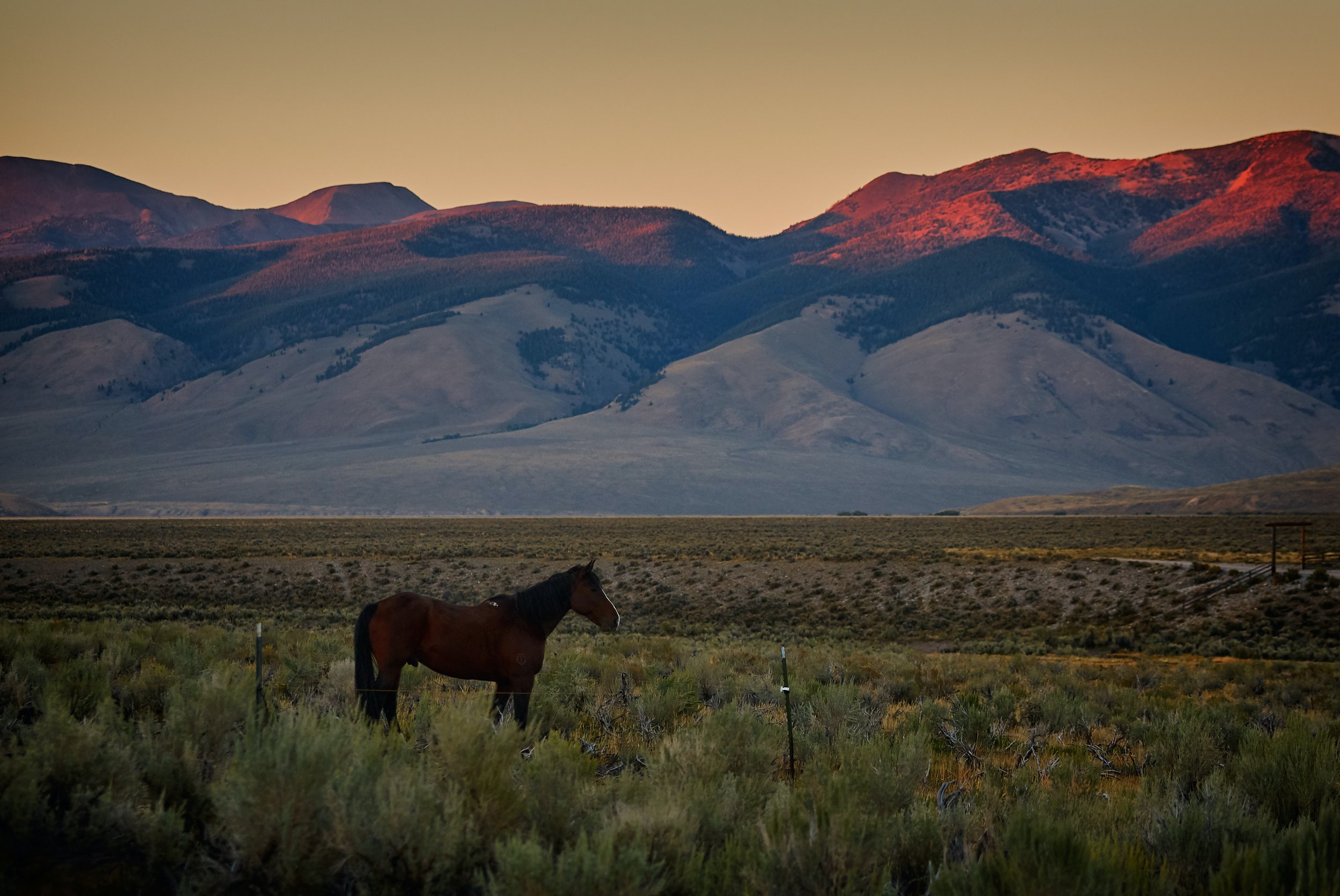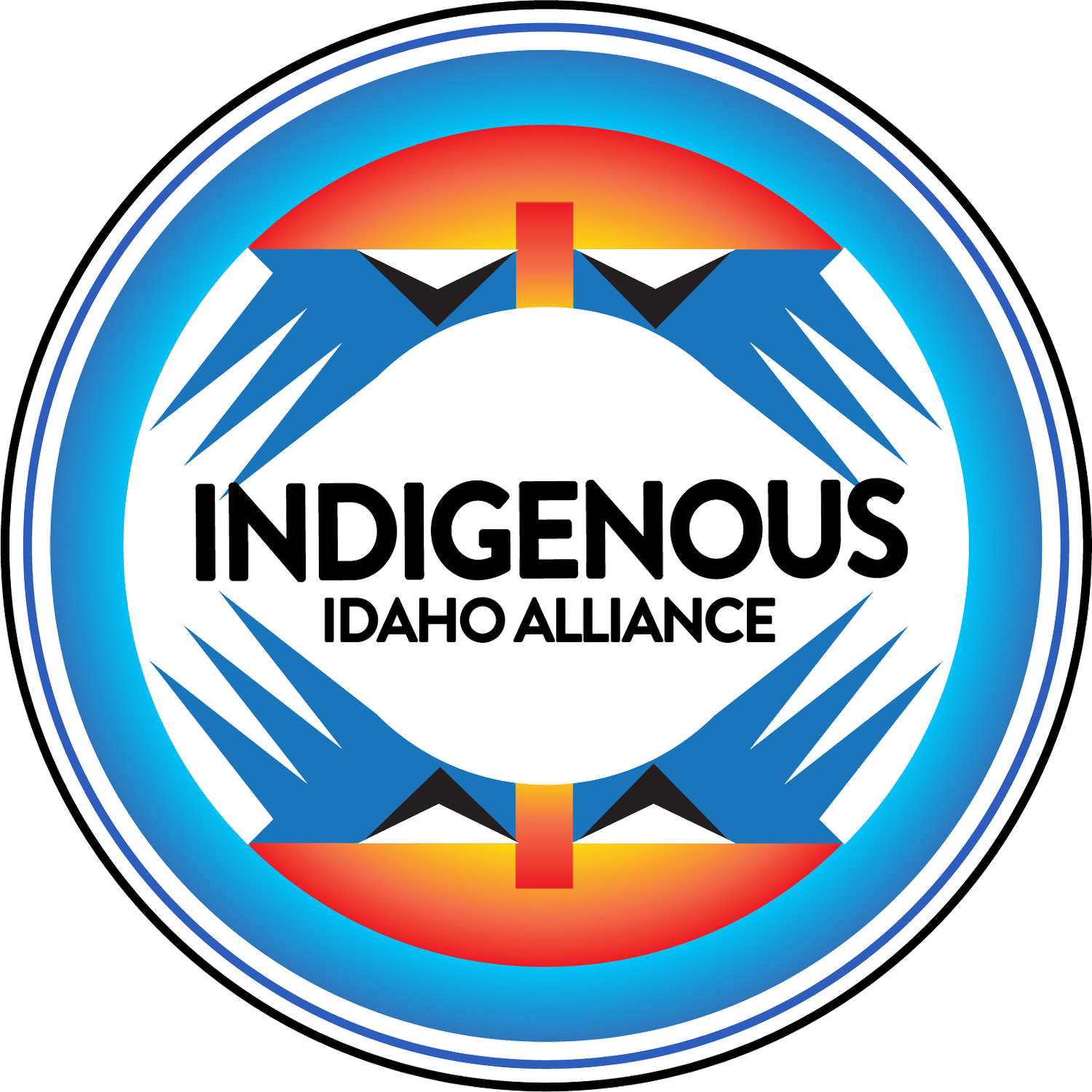
Frequently Asked Questions
Land Back Statement:
A Call to Action for Non-Indigenous Communities
While land acknowledgements by non Indigenous organizations are intended to be respectful, they more often than not oversimplify complex tribal histories and fail to recognize the ongoing impacts of colonization that tribal communities continue to endure to this day.
In place of a land acknowledgement, the Indigenous Idaho Alliance - especially our Non-Native staff - are asking you to support Indigenous communities by taking action. We ask that you:
Give land back to tribes.
Protect the environment and salmon. Tribal cultures depend on them.
Insist that the United States respect tribal sovereignty and uphold its trust responsibility to tribes which includes appropriate levels of federal funding to support tribal needs. Many promises to tribes still need to be kept.
Elect officials and judges that understand tribal governments, relationships, and law.
Invest in tribal economies.
Challenge and reject all stereotypes about Indigenous people.
Insist that your children and grandchildren are taught accurate information about the histories, cultures, and contemporary lives of Indigenous peoples in your school system. And,
Inform yourself about issues impacting Indigenous communities and speak up.
The sovereignty, well-being, cultures, and languages of Indigenous peoples are borne of their homelands, which makes these lands and waters precious to Indigenous communities. In the spirit of this statement please know that you are standing on the unceded lands of the Nuwe/Nume (Paiute, Shoshone, Bannock) people and reside within the territorial lands of the Niimiipuu, the Schitsu’umsh, the Ktunaxa.
We all have a responsibility to respect and care for this land respectfully as the ancestor it is, while creating sustainability for future generations. Please do your part and Land Back.
Thank you
Common FAQs
-
We believe that in the case of cultural items (cradleboards, beadwork, drums, etc) the most compassionate and appropriate course of action is to return these beloved, cherished items to their people. We would be happy to take them and find their families. These items you have are likely deeply meaningful to their tribes and descendants. We have a deep network and connection to each of Idaho's tribes, and know we can find their homes.
Alternatively, you can reach out directly to the tribes themselves. On our page, we have links to each tribe's website and their cultural resources contacts may be able to help you further. https://www.indigenousidalliance.org/tribes
-
We love supporting education efforts to give students accurate information about indigenous experiences, both current and historical. Fall (especially Indigenous Peoples Day and Native American Heritage Month) are very busy times for us. Please reach out to us as early as possible, especially in the Spring, to book these kinds of speaking engagements for Fall. Otherwise, it is unlikely we can speak at your school during those times.
-
This is a very complicated question and answer. Genocide, forced assimilation, stolen children, residential schools, and other forms of violence have stripped countless Indigenous people of their connection to their ancestors, relatives, and tribes. We know deeply how traumatic these events have been to Indigenous people, both past and present. Unfortunately, we cannot advise people on how to reconnect and reclaim their connection to their tribe, as each sovereign tribe have their own experiences and culture, which exist outside of a DNA test. We would encourage anyone on this path of discovery to reach out to the cultural department of the tribe you wish to connect with, and begin to build relationships in community.
-
Simply put, no. Our cultural practices and ceremonies are not spectacle. We do not accept invitations to perform indigeneity.
